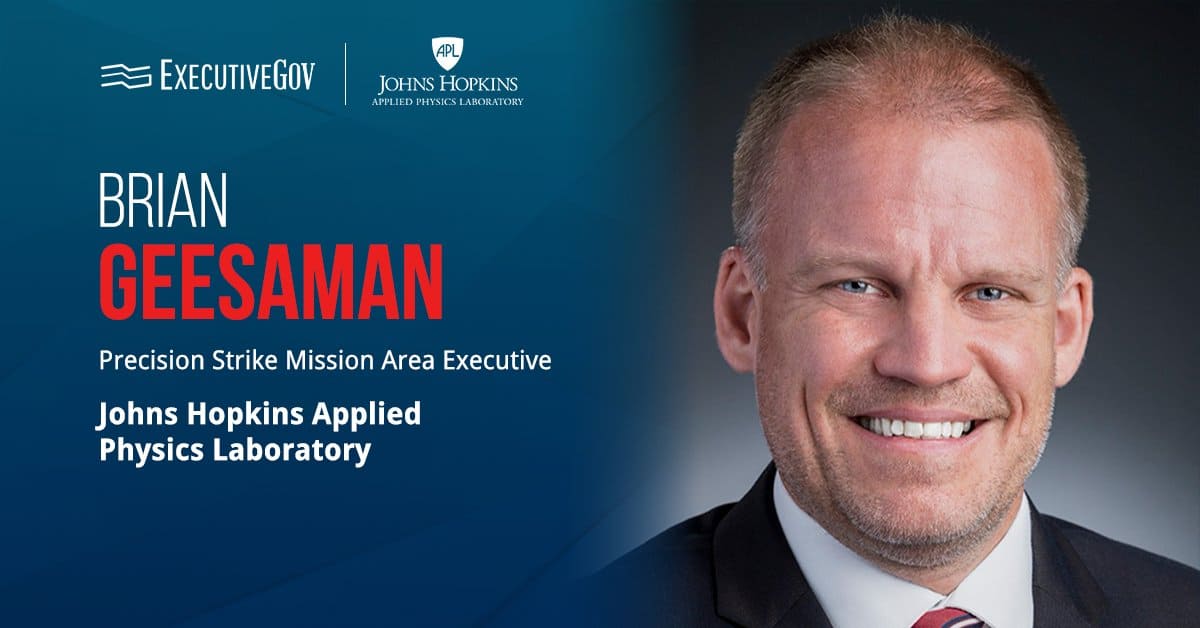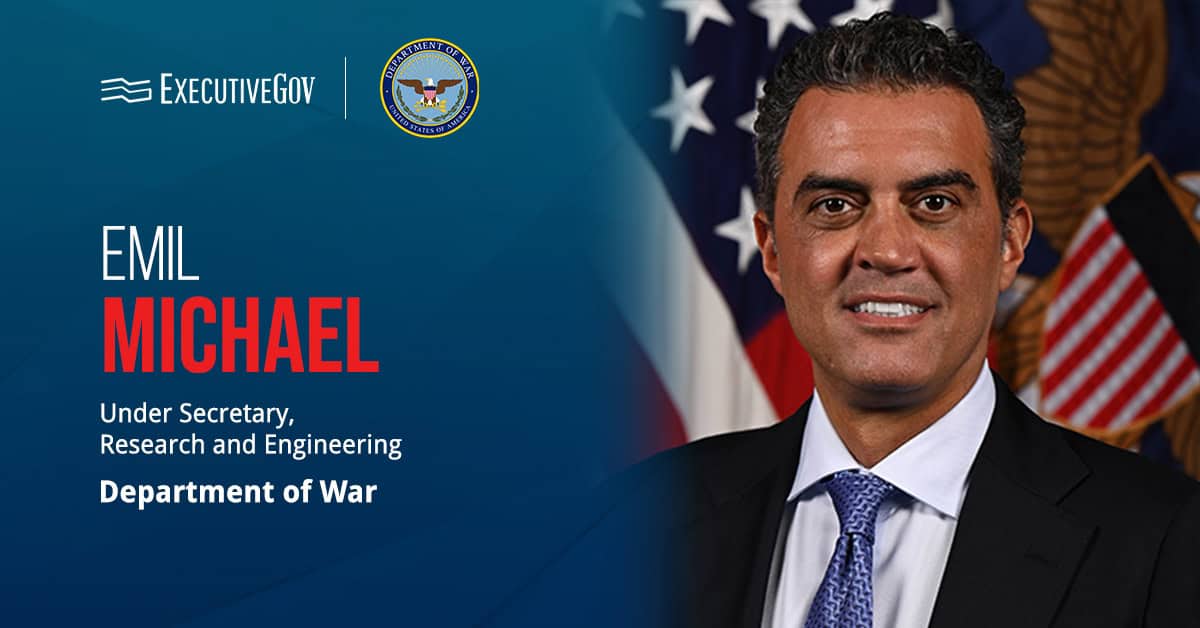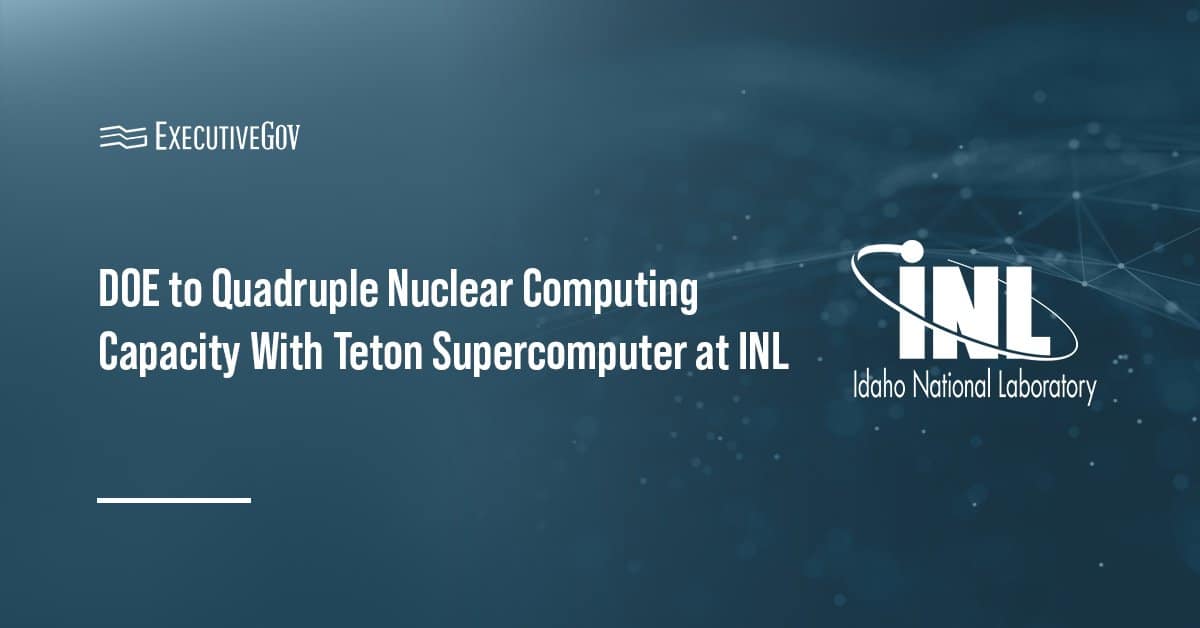
The Senate approved Mark Esper, vice president of government relations at Raytheon, to serve as U.S. Army secretary through an 89-6 vote Wednesday, the Washington Examiner reported Wednesday.
His confirmation came four months after President Donald Trump nominated him for the service’s top civilian post.
“I’m also confident that [Esper] will call upon his experience in the private sector to bring a reform mindset to the many challenges facing our Army such as the readiness crisis and the urgent gaps in capabilities and modernization,†said Sen. John McCain (R-Arizona).
Esper previously served at the Defense Department as deputy assistant secretary for negotiations policy under the administration of former President George W. Bush and as a staff member on the Senate Foreign Relations and House Armed Services panels.
He is a retired lieutenant colonel who served in the Army for over two decades.





